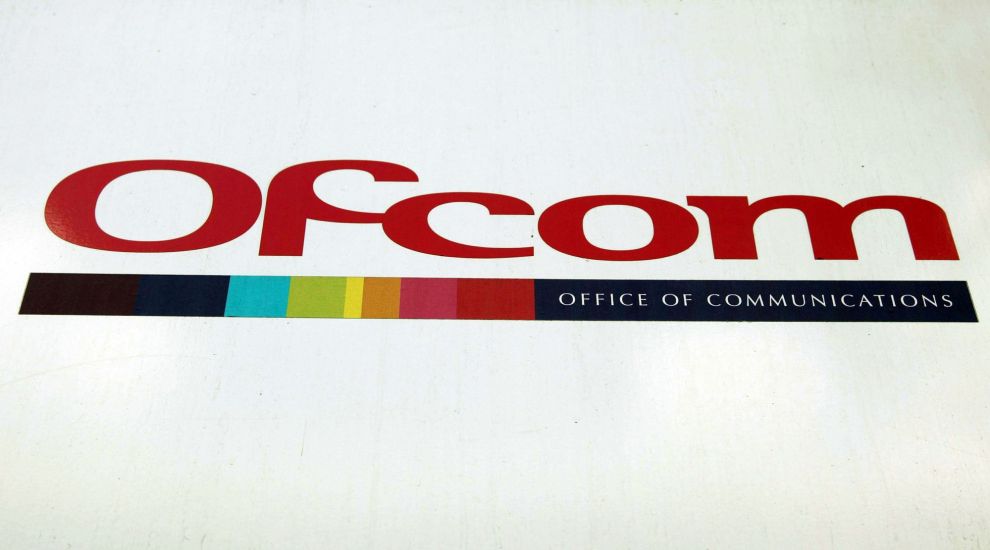
Ofcom has launched an investigation into telecoms giants Three and Vodafone, to assess whether they breached EU rules on net neutrality.
The regulator said it would look into whether the two companies “throttled” internet traffic, which refers to the practice of intentionally slowing down specific types of online traffic.
Under the EU Open Internet Access Regulations, internet service providers are prohibited from blocking or slowing down traffic – a practice commonly known as net neutrality and the idea that all online traffic is treated equally.
Ofcom said it was also investigating Three over concerns it restricted tethering between devices, the practice of using a mobile phone to connect another device to the internet, and imposing restrictions on the devices in which a Sim card can be used.

In relation to Vodafone, the investigation will focus on the company’s Vodafone Passes, special bundles customers can buy to get unlimited access to a specific range of sites, such as video services or social networks, for a monthly fee.
Ofcom said it would look into the scheme’s possible throttling of particular categories of traffic, including when customers are roaming.
EU regulations say internet providers are allowed to use “reasonable” measures to manage their traffic and ensure their networks run smoothly, but strict rules are in place on transparency and how these can be used.
In response to the investigation, Vodafone denied its Passes throttled internet traffic.
“We are very disappointed with Ofcom’s decision to target Vodafone Passes,” a company spokesman said.
“Our Passes allow customers to access their favourite content without fear of running out of data or attracting out-of-bundle charges.
“They are open to any content provider of video, music, chat and social.
“Twenty-two content providers have signed up so far, ensuring Vodafone customers can enjoy the widest selection of worry-free access to content across the industry.
“Vodafone does not ‘throttle’ speeds on Vodafone Passes, either in the UK or while customers are roaming.
“The Video Pass is optimised so that all of our customers have a high quality experience when streaming content on the network.
“Optimising means making the bandwidth available that enables videos to be delivered in a faster, more efficient way, while still providing the best smartphone viewing experience, and without compromising the experience of other customers who do not use a Vodafone Pass.
“We developed Vodafone Passes in direct response to customer feedback and have provided clear information to customers about how they work.
“We will be explaining all of this to Ofcom during the course of their investigation.”
A spokeswoman for Three said: “We’ll be working closely with Ofcom to understand their concerns.”
Ofcom said it was also reviewing other information gathered from its own enforcement programme and would publish a wider report, including assessments on other internet service providers, later this year.